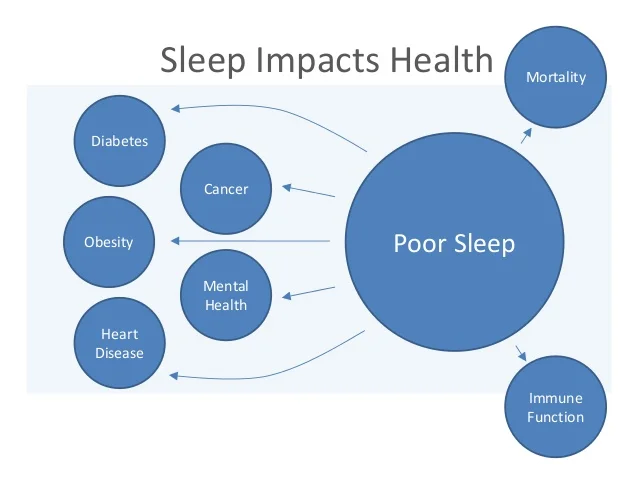- Physical Restoration and Healing: During sleep, the body undergoes a variety of restorative processes. Tissue repair, muscle growth, and immune system strengthening occur during deep sleep stages. Sleep helps the body recover from daily wear and tear, injuries, and illnesses.
- Cognitive Function and Memory: Sleep is closely linked to cognitive functions such as memory consolidation, problem-solving, learning, and creativity. During certain stages of sleep, the brain processes and organizes information gathered during the day, strengthening neural connections and improving cognitive abilities.
- Mood Regulation: Adequate sleep is essential for emotional well-being. Chronic sleep deprivation has been linked to mood disorders such as depression and anxiety. Sleep helps regulate mood by influencing neurotransmitter levels and maintaining a healthy balance of hormones that impact mood.
- Metabolism and Weight Regulation: Sleep plays a role in regulating appetite and metabolism. Lack of sleep can disrupt hormonal balance, leading to increased cravings for unhealthy foods and contributing to weight gain. It can also affect insulin sensitivity, potentially increasing the risk of type 2 diabetes.
- Cardiovascular Health: Adequate sleep is important for heart health. Chronic sleep deprivation has been associated with an increased risk of heart disease, hypertension, and other cardiovascular issues. Sleep helps regulate blood pressure and supports overall cardiovascular function.
- Hormone Regulation: Sleep is closely linked to the regulation of various hormones, including those involved in growth, stress response, and reproductive functions. Growth hormone, cortisol, and sex hormones are among the many hormones influenced by sleep.
- Immune System Function: Sleep plays a critical role in immune system function. During sleep, the body produces cytokines—proteins that help regulate immune responses. Lack of sleep can weaken the immune system, making individuals more susceptible to infections and illnesses.
- Brain Health: Sleep is essential for maintaining brain health throughout life. Adequate sleep has been associated with a reduced risk of neurodegenerative diseases such as Alzheimer’s and dementia. Sleep supports brain detoxification processes that help remove waste products accumulated during waking hours.
- Stress Reduction: Quality sleep can help manage stress and improve resilience to stressors. Sleep deprivation can increase levels of stress hormones like cortisol, leading to heightened stress responses and negatively impacting mental well-being.
- Longevity: There is evidence to suggest that individuals who consistently get enough quality sleep tend to have better overall health and a longer lifespan. Chronic sleep deprivation, on the other hand, has been associated with a higher risk of mortality.
The Role of Sleep in Overall Health
RELATED ARTICLES


